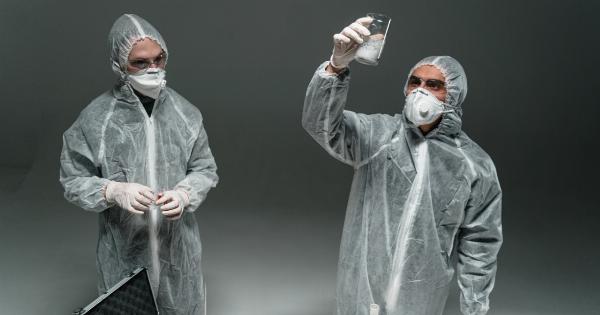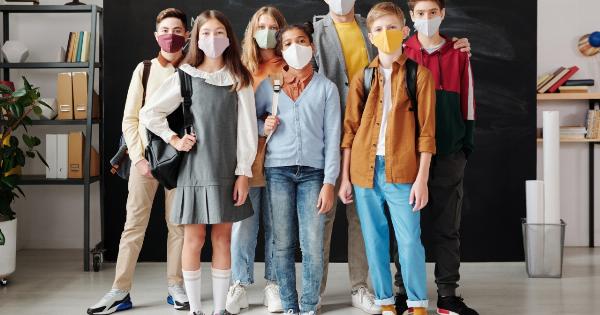The COVID-19 pandemic continues to evolve into new and unpredictable phases, recently with the emergence of new strains of the virus.
With this has come a need to adjust the measures we take to protect ourselves, such as the types of masks we wear, as there is now information that shows some masks are no longer effective against the mutations.
The Types of Masks Available
There are four main types of masks available to protect against COVID-19: cloth masks, surgical masks, N95 respirators, and KN95 masks.
The CDC recommends that everyone wear a mask in public settings, with the exception of children under the age of two years or anyone with breathing problems that may be exacerbated by wearing a mask.
The Effectiveness of Different Masks
While all four types of masks can be effective in preventing the spread of COVID-19, some are more effective than others. Cloth masks are the least effective as they do not filter out small particles, but are better than no mask at all.
Surgical masks are better than cloth masks, as they are designed to filter out particles and droplets.
N95 respirators are the most effective in filtering out particles and droplets, with a filtration efficiency of at least 95%, while KN95 masks have a similar filtration efficiency and are often used as an alternative to N95 respirators when they are not available.
Mask Effectiveness Against New Mutations
Recent studies have shown that some masks may not be as effective in preventing the spread of new mutations of the virus.
While cloth and surgical masks are effective against the original strain of COVID-19, they may not be as effective against the new mutations due to the increased viral load. Researchers have found that the new mutations produce smaller, more airborne particles that can more easily penetrate through the filtration of cloth and surgical masks, making them less effective.
The Importance of N95 and KN95 Masks
N95 and KN95 masks are designed to filter out smaller particles, and therefore may be more effective against new mutations of the virus.
These masks have a tighter seal around the nose and mouth and are able to filter out at least 95% of particles and droplets. They are also able to filter out smaller particles, including those produced by the newer mutations of the virus.
Other Precautions to Take
While wearing an N95 or KN95 mask can provide additional protection, it is not enough on its own.
Other precautions should also be taken, including social distancing, avoiding large gatherings, washing hands frequently, and staying home when feeling unwell.
Conclusion
In conclusion, the emergence of new mutations of COVID-19 has led to a need for adjustments in the types of masks we wear.
Cloth and surgical masks may no longer be as effective in preventing the spread of the virus due to the increased viral load of the new mutations, and N95 and KN95 masks may offer greater protection. However, it is important to remember that no mask is 100% effective on its own and that other precautions should also be taken to prevent the spread of the virus.





























